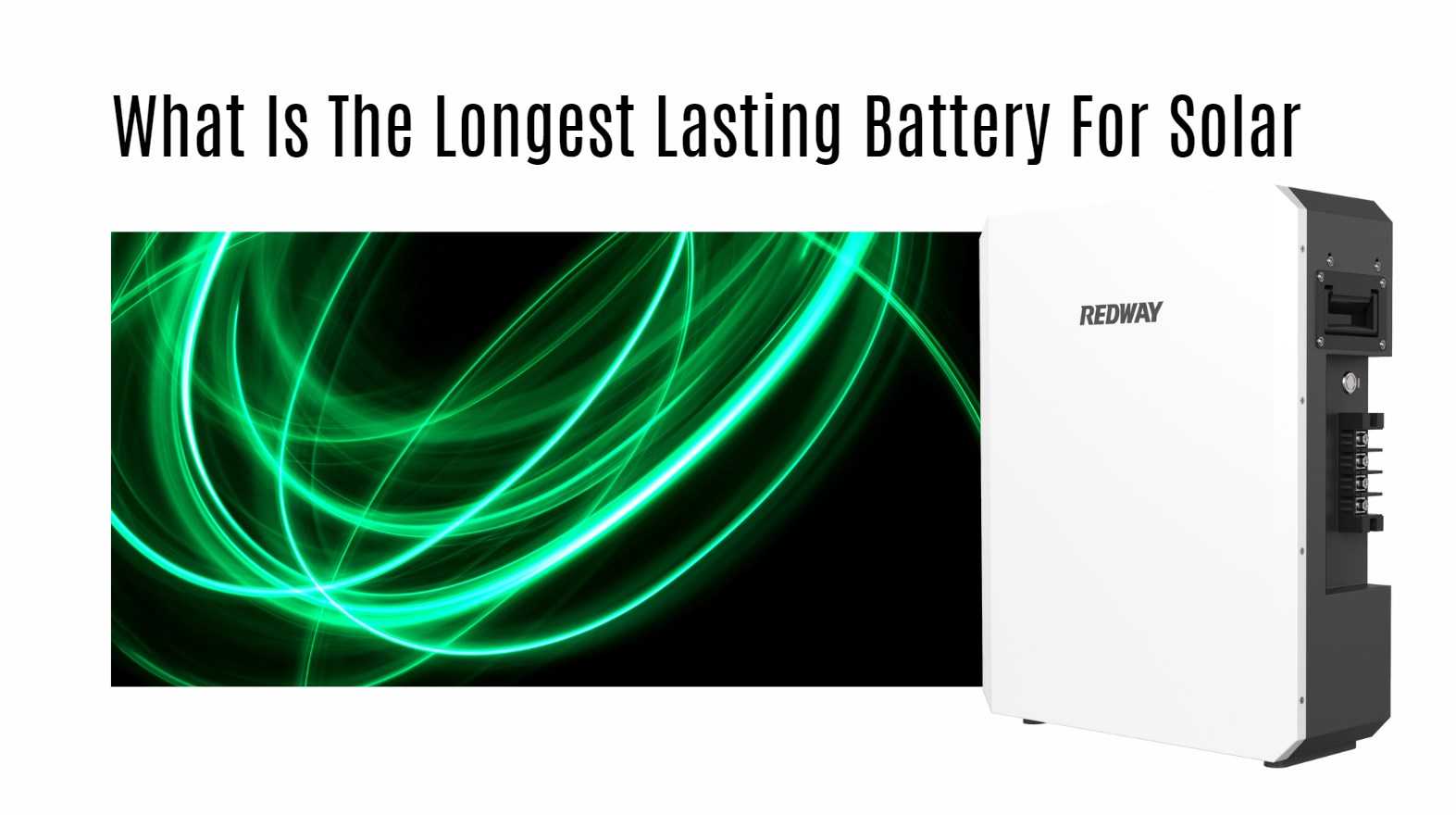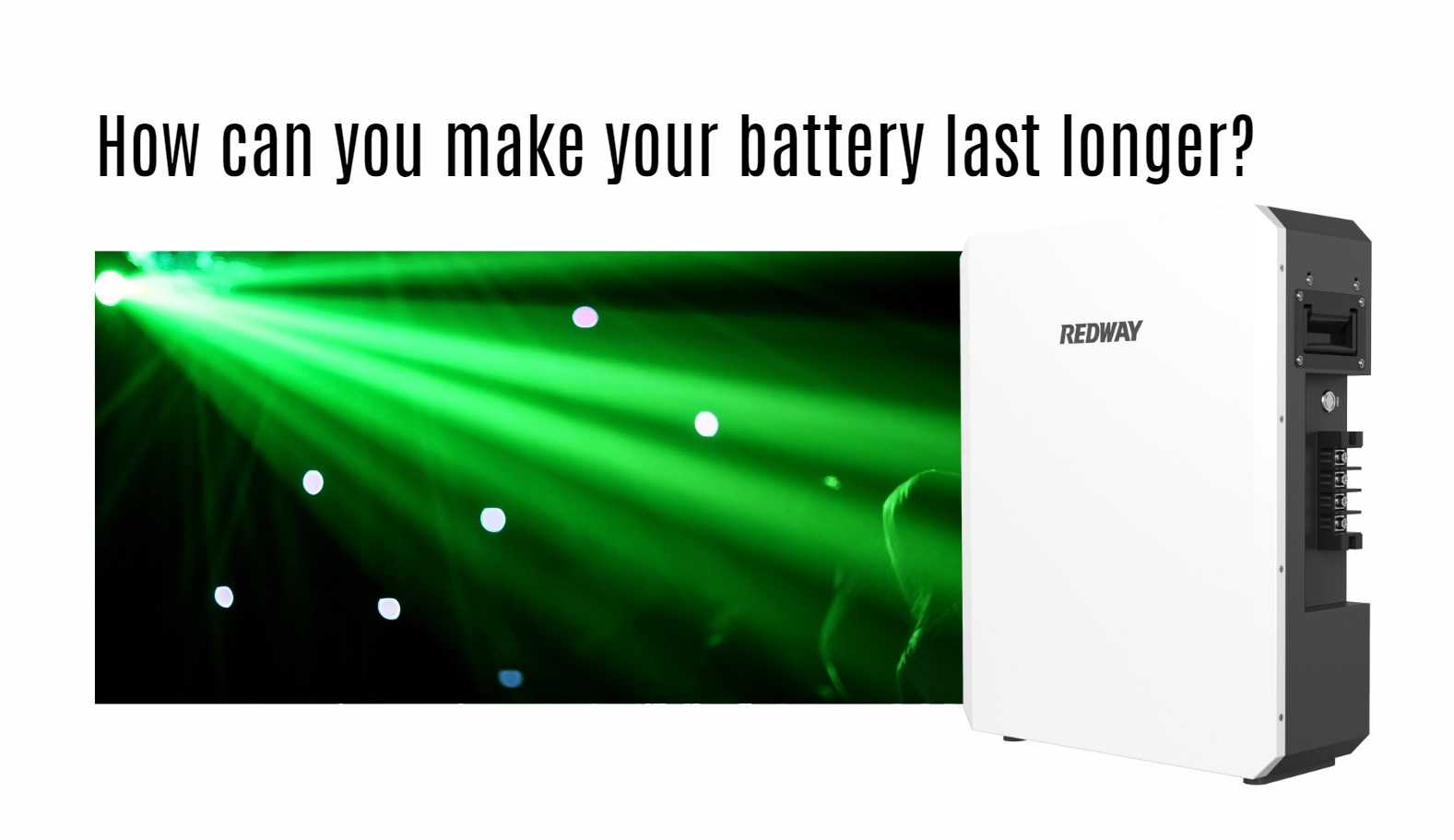- Lithium-ion Batteries: Among the various types of solar batteries, lithium-ion batteries are known for their long-lasting performance. With an impressive lifespan of over a decade, these batteries can endure thousands of charge cycles, ensuring a reliable and prolonged energy supply for solar systems.
- Efficiency and High Energy Density: Lithium-ion batteries offer high energy density, allowing them to store large amounts of energy in a compact space. This efficiency maximizes the utilization of solar energy and enhances the overall performance of solar power systems.
- Minimal Maintenance: Lithium-ion batteries are virtually maintenance-free, making them an ideal choice for solar energy storage. Their minimal maintenance requirements save time and effort, providing a hassle-free solution for long-lasting solar batteries.
Ending: By choosing lithium-ion batteries, you can enjoy the benefits of a long-lasting battery for your solar system. With their efficiency, high energy density, and minimal maintenance requirements, lithium-ion batteries provide a reliable and prolonged energy supply, maximizing the efficiency of your solar energy system.
What is solar battery?
A solar battery is a device that stores energy generated by solar panels for later use. It allows homeowners to store excess energy produced during the day and use it during periods of low solar production or at night. Solar batteries provide backup power during outages and increase energy independence. They are typically deep cycle batteries designed for long-lasting use and can be used off-grid. Common types of solar batteries include lead-acid and lithium-ion. By using a solar battery, homeowners can maximize their solar energy consumption and reduce their reliance on the grid.
- Energy Storage: Solar batteries store excess energy generated by solar panels for later use, allowing homeowners to utilize solar power even during periods of low solar production or at night.
- Backup Power: During power outages, solar batteries provide a reliable source of backup power, ensuring that essential appliances and devices can still function.
- Energy Independence: By using a solar battery, homeowners can reduce their reliance on the grid and become more self-sufficient in meeting their energy needs.
- Types of Solar Batteries: Common types of solar batteries include lead-acid and lithium-ion batteries, each with their own characteristics and considerations.
- Considerations: When choosing a solar battery, factors such as capacity, lifespan, efficiency, and cost should be taken into account to ensure the best fit for individual energy requirements.
Why do batteries matter in solar?
- Storing Excess Energy: Batteries play a vital role in solar energy systems by storing excess energy generated during the day. This stored energy can be used during the night or on cloudy days when solar panels are not producing electricity, ensuring a continuous and reliable energy supply.
- Reliable Energy Supply: Solar panels depend on sunlight to generate electricity, but batteries provide a backup power source when the sun isn’t shining. This ensures that homeowners and businesses have a consistent energy supply, even during periods of low sunlight or at night.
- Reducing Dependence on the Grid: By incorporating batteries into solar energy systems, users can reduce their reliance on the traditional power grid. The stored energy in batteries can be used during peak demand periods or during power outages, providing energy independence and cost savings.
Ending: Batteries are a crucial component in solar energy systems, enabling the storage and utilization of excess solar energy. By incorporating batteries, users can ensure a reliable and continuous energy supply, reduce their dependence on the grid, and maximize the benefits of clean and renewable solar power.
What are the benefits of a longer lasting battery?
- Extended Usage: A longer lasting battery allows you to use your device for extended periods without the need for frequent recharging. Whether you are working, traveling, or enjoying outdoor activities, a longer battery life ensures you stay connected and powered up.
- Convenience: With a longer battery life, you can avoid the inconvenience of running out of power at crucial moments. It provides peace of mind and allows you to focus on your tasks without interruptions.
- Reduced Maintenance: Longer lasting batteries require less maintenance compared to batteries with shorter lifespans. You can save time and effort on monitoring and replacing batteries, leading to increased convenience and cost savings.
- Enhanced Productivity: A longer lasting battery enables you to work or engage in activities for extended periods without interruptions caused by low battery levels. This enhances your productivity and efficiency, allowing you to accomplish more in a single charge.
- Versatility: Devices with longer lasting batteries are more versatile and can be used in various settings. Whether you are in remote locations, outdoor environments, or areas with limited access to power sources, a longer battery life ensures a reliable power supply.
How can you make your solar battery last longer?
- Regulate the Number of Batteries: By using fewer batteries and ensuring equal charging, you can reduce resistance and prolong the lifespan of your solar battery.
- Enhance Equalization: Overcharging through equalization helps eliminate plate sulfation, ensuring optimal battery health and longevity.
- Avoid Long Periods of Uncharged Battery: Continuous charging prevents damage to the battery and ensures a steady supply of solar power.
- Use Appropriate Solar Batteries: Selecting batteries sized for your needs and considering options like lithium batteries for longer lifespans or gel cell batteries for cost-effectiveness can contribute to a longer-lasting solar battery.
- Proper Maintenance and Storage: Regular maintenance checks, cleaning of battery terminals, and storing the battery in a cool, dry place can extend the lifespan of your solar battery.
Conclusion
To sum it up, having a long-lasting battery for your solar system is crucial for uninterrupted and reliable power supply. It not only saves you money in the long run but also helps reduce environmental pollution by relying less on non-renewable energy sources.
Wholesale lithium golf cart batteries with 10-year life? Check here.
When choosing a battery for your solar panel, consider factors such as lifespan, storage capacity, cost-effectiveness, and maintenance requirements. You can also adopt some practices to make your batteries last longer by maintaining optimal temperature levels and avoiding excessive discharge.
Investing in a high-quality battery may seem like an expensive option at first glance, but it’s worth the investment in the long haul. With proper care and maintenance, these batteries can last anywhere from 5 to 15 years or more!
Want OEM lithium forklift batteries at wholesale prices? Check here.
So if you’re looking for uninterrupted power supply from your solar panels without compromising quality or durability that provides excellent value-for-money proposition – choose a battery that will serve you well over time!







